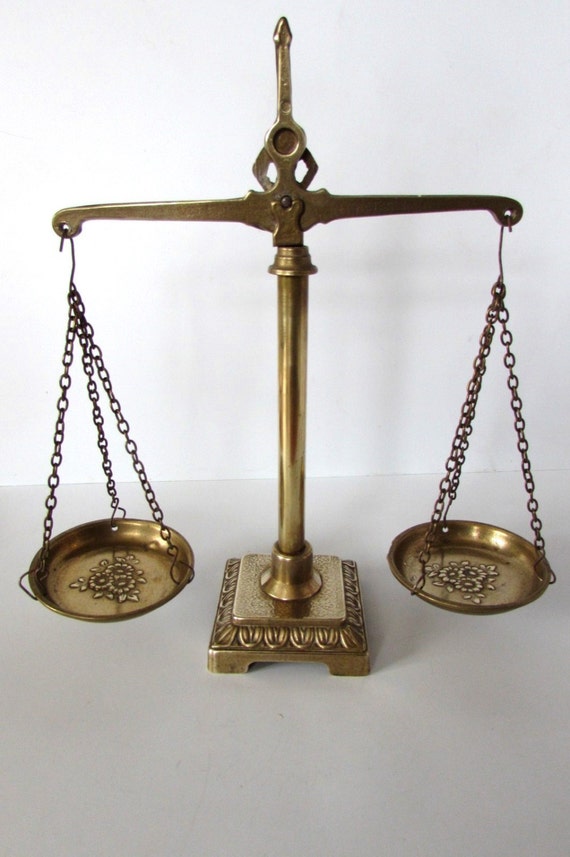

An eccentric uncle, Adrian Satie, known by the family as Uncle Seabird, was his first musical influence, and probably his major life influence. Music unlike anything written before.Īnd yet, this odd little man with his odd little pieces has gone on to influence classical music in ways even he would never had imagined.Įrik Satie was born in 1866 in Honfleur, France. Satie made his name writing odd little works with odd little names, each just a few minutes long and with a spartan use of notes. Think of music in the late 1800's and you think of large-scale orchestral works of Brahms, Wagner, Dvorak. 15, D.In the world of classical music, the music of Erik Satie is an oddity. 760įranz Schubert: Fantasy in C Major, Op. The prelude in C major is really famous, but the corresponding fugue is also very nice. But it still is a little difficult, as the ear needs to hear the phrases and the individual notes that change from one harmony to the next at the same time. It started out as an exercise for his son Wilhelm Friedemann, and there is no real melody to the prelude, only broken chords. You could call this song innocent and simple, but naïve it is clearly not. And if you have ever touched a piano in earnest, you will have played the prelude in C major from the first book of the WTC. These collections are known as the Well-Tempered Clavier, and part of the repertoire of every aspiring pianist.

#Classical compositions unusual scales series#
Otherwise he would not have twice composed a series of 24 preludes and fugues. Johann Sebastian Bach must have known all the association of musical keys with specific emotional characteristics. 1 in C Major, BWV 846 (András Schiff, piano) Bach: Well-Tempered Clavier, Book 1 – Prelude and Fugue No. It’s undoubtedly one of the best songs in C major ever. Not all the movements of my favorite Mozart symphony are in the key of C major, but it certainly starts and ends that way. It sounds more like the Roman god Jupiter-and that’s also the nickname of this symphony-is throwing lightening bolts and thunder from the sky. But the last three symphonies by Mozart are much more important.” To be sure, the marvelous fugal coda combining five different motives is no idle chatter of children. “No more and no less than that which each requires according to its nature… Here is revealed how the master first collects his material separately, then explores how everything can proceed from it, and finally builds and elaborates upon it.” And a generally grumpy Brahms wrote, “I am able to understand too that Beethoven’s first symphony did impress people colossally. “How pure and clear are all the images within,” writes a critic. When people heard it for the first time, however, they did make references to purity. I really don’t believe that Mozart’s “Jupiter” is simplistic and naïve. It’s a difficult choice, but here go my best songs in C major. And that special key is C major, the one that uses only the white keys on the piano keyboard well mostly.
#Classical compositions unusual scales full#
So let’s get started with a key that has been called, “completely pure, full of innocence, simplicity, and naivety.” Supposedly, it’s like listening to children talking to each other. But it still sounds like a great way to organize my favorite songs. Since we hear a lot of music on modern instruments nowadays, we seem to have lost that connection. And then I read on Interlude a series of very interesting articles on “ How You Should Feel in a Key.” It seems that there was in the past an association of musical keys with specific emotional characteristics. Then I thought about putting together all my favorite string quartets and other groups, but that’s also not really what I had in mind. If I put all my favorite piano pieces together, well, it’s just a very long list of piano pieces. So I was thinking of organizing them somehow, but that’s still not so easy. Actually, there are so many different kinds of songs in my list that I get easily confused.


 0 kommentar(er)
0 kommentar(er)
